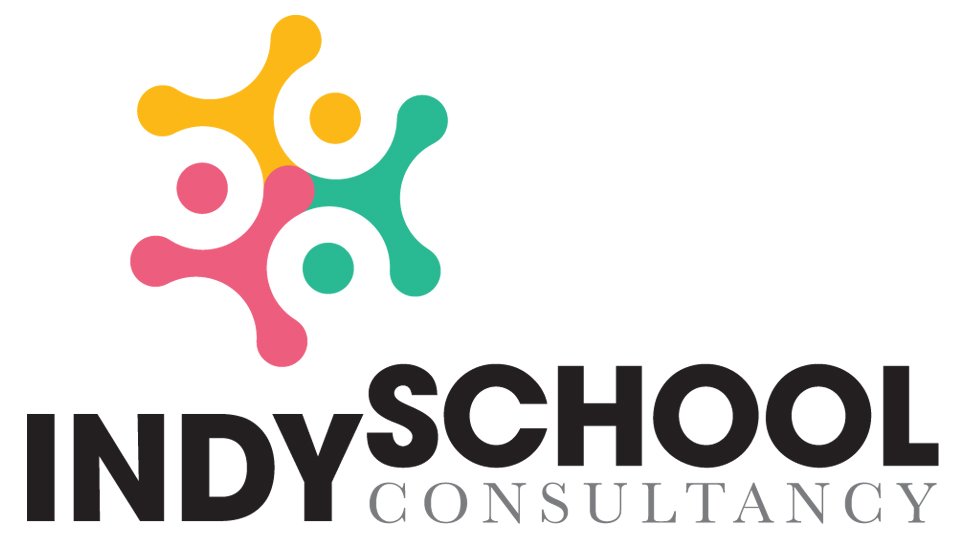Why Headships Fail
Written by Tim Viands
Boards hire the head of school. Hiring and supporting the head is the single greatest responsibility of the board since the head is the chief executive of the school. Too often, headships fail in the first two years. In alarming numbers, we are seeing more and more abrupt departures. After speaking to current and past heads, association directors and search consultants, I have listed the most common reasons for failure.
Some fail for rightful reasons and other fail for unjustified reasons. It is smart for boards, heads and future school leaders to be mindful of the pitfalls so that they can work together to avoid them.
Rightful Reasons
Financial Malfeasance- Examples of this include mismanaging funds, misappropriating resources, using school resources for personal gain and/or failing to communicate with the board honest financial performance.
Poor Communication with the Board- There’s a fine line between overcommunicating and under communicating. Communication breakdowns usually will occur when there’s not an open and honest relationship between head and the board chair.
Unprofessional Behavior- There’s many examples of this, not limited to sexual and/or other harassment, favoritism, and inappropriate jokes.
Criminal Activity- The head is also the moral and ethical leader of the school. Being involved in any illicit activity is a deal breaker for every board.
Failure to set, achieve mission/vision or directives of the board- Ultimately, it is the board that sets the direction of the school and it is the head’s job to execute.
Enrollment- Nothing will create a tenuous relationship between the head and the board more than enrollment. Since most independent schools are tuition driven, these dollars come from enrollment.
Unjustified Reasons
Market Performance (Endowment Returns)- The head cannot control what the market does. The head, along with the investment committee, can though, plan endowment allocations based on an agreed upon risk tolerance.
Faculty / Staff behavior prior to the date of hire- The head cannot control what happened before her/him.
Unclear / Unfair Board Expectations- The evaluation of the head is important for many reasons. For one, it is designed to set clear and attainable expectations. When this does not happen, boards find themselves on very different pages then their head.
Operational decisions that board members disagree with- This often happens when a board oversteps their role and wants to have control of areas that are not theirs to control. Remember, the board hires the head to manage the day-to-day operations of a school.
The head search was not an inclusive process- This is the main reason schools should hire a search firm to help manage the process. A search firm will consult with the board to ensure that all stakeholders have input in the head’s hiring.
Lack of boundaries between the employees / parents and the board- Agree or disagree, but employees and parents do not have a direct line to the board. The role of the head is also be the conduit between these stakeholders. When this is not followed, the head’s authority is undermined, and often leads to discontent.
I have found that boards who invest in a coaching / mentoring program for their head are much more likely to have a long-term sitting head. Boards that engage in governance education workshops are less likely to allow the unjustified reasons for the reason a head is terminated and/or leaves her job.
Please contact us today to LEARN MORE about how IndySchool Consultancy can provide your school and school leaders with the resources to succeed.

